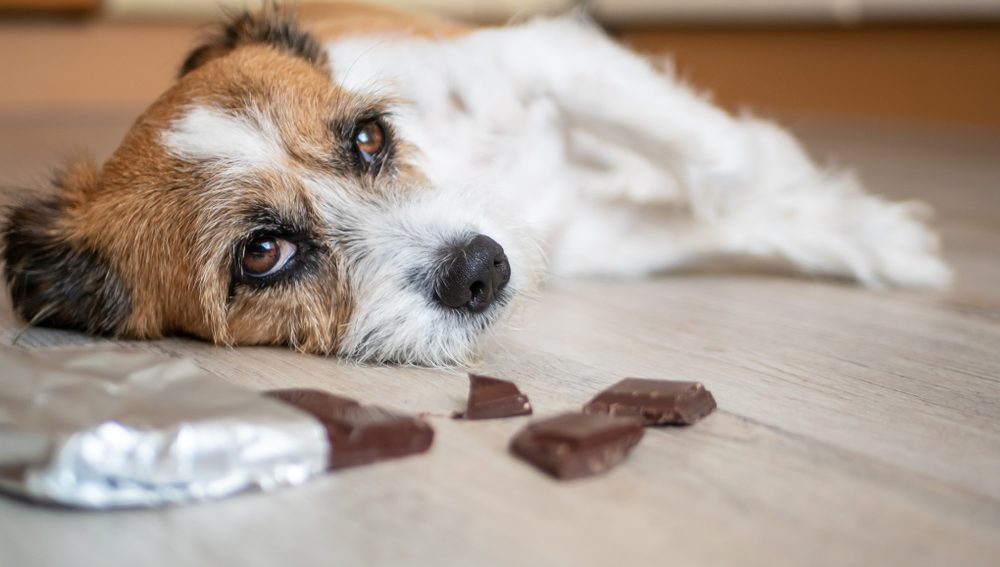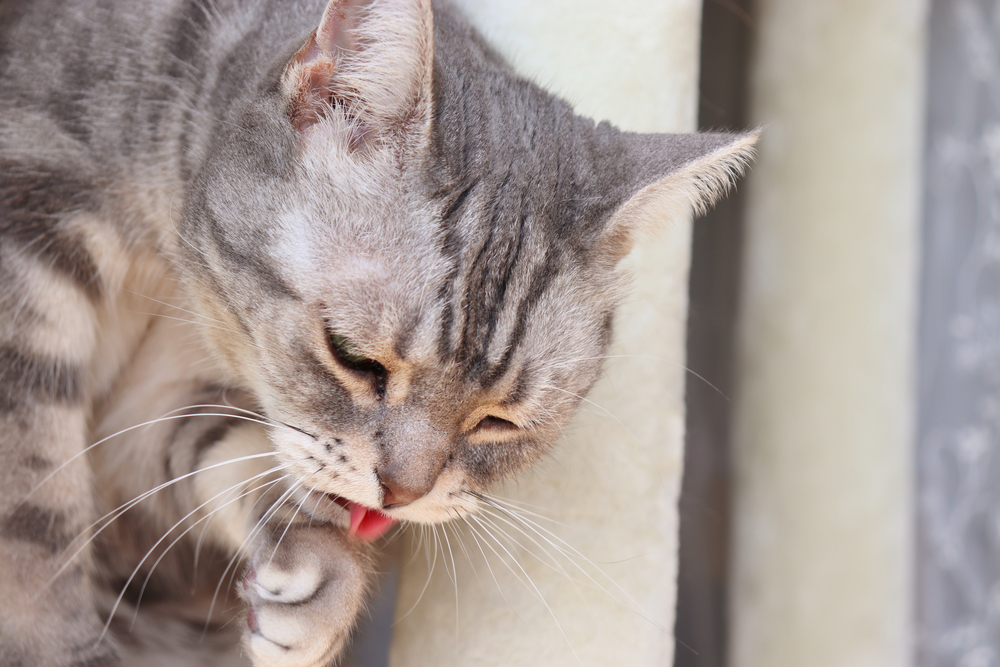
Pet Poison Control: Foods and Substances to Keep Away from Your Dog or Cat
Pet Poisoning Prevention: How to Keep Your Pet Safe at Home
One minute your pet is lounging by your side. The next, they’re licking up something off the floor that may or may not have been food. If you’ve ever found yourself Googling “Can my dog eat grapes?” in a panic, you’re not alone. At Harbor Pines Veterinary Center in Harbor City, we know how fast these situations can unfold- and how scary they can be.
While pets are naturally curious, many common items in our homes can pose serious health risks. The good news? Most poisoning emergencies are preventable with the right information and quick action. Here’s what to know- and what to do if your pet gets into something dangerous.
What Counts as Pet Poisoning?
Pet poisoning occurs when your dog or cat ingests, inhales, or absorbs a harmful substance. And here’s the tricky part: many things that seem harmless to humans- like chocolate or ibuprofen- can be toxic to pets.
Toxins affect animals differently based on the type of substance, how much they were exposed to, and how quickly treatment is started. In some cases, symptoms show up fast. In others, they may take hours or even days. That’s why knowing the signs of common pet emergencies can make all the difference.
Hidden Hazards: Common Household Toxins
It’s not just pesticides and antifreeze. Many everyday items can pose a serious risk to pets:
| Toxin | Why It’s Dangerous |
| Chocolate | Contains theobromine and caffeine, which can cause heart arrhythmias and seizures. More info |
| Xylitol | A sugar substitute in gum and baked goods. Can cause a dangerous drop in blood sugar and liver failure. FDA Guide |
| Onions & Garlic | Damages red blood cells, leading to anemia. Dangerous even in powdered or cooked forms. |
| Grapes & Raisins | Can cause kidney failure in some dogs- even in small amounts. |
| Medications | Many over-the-counter and prescription drugs are toxic to pets. Painkillers, antidepressants, and cold meds top the list. |
| Cannabis & Illicit Drugs | In areas like California, accidental cannabis ingestion is becoming more common. More here and here |
| Rodenticides | Rat and mouse poisons can cause internal bleeding, kidney failure, or seizures. Learn more |
| Plants | Lilies, sago palm, tulips, and other plants can be toxic- especially to cats. ASPCA’s plant guide |
| Household Cleaners | Bleach, detergent pods, and surface disinfectants can burn the mouth or GI tract. |
| Alcohol | Even small amounts can depress the nervous system and lead to serious complications. |
What to Watch For: Signs of Pet Poisoning
Poisoning symptoms can vary widely based on what your pet was exposed to, but common signs include:
- Vomiting or diarrhea
- Drooling or foaming at the mouth
- Lethargy, wobbliness, or collapse
- Tremors or seizures
- Pale gums or a racing heart
- Unusual behavior, like hiding or agitation
If you notice any of these, don’t wait to see if things improve. Immediate care can mean the difference between recovery and serious illness. The AVMA’s emergency checklist is a great reference.
What To Do If You Think Your Pet Was Poisoned
- Stay calm. Panic won’t help either of you.
- Secure the area. Remove your pet from the source and clean up any residue if safe to do so.
- Save the evidence. Bring any packaging, pills, or chewed items with you to the vet.
- Call your veterinarian immediately. You can request an appointment online or call us directly.
- Contact Poison Control if needed. ASPCA Poison Control is available 24/7.
Do not induce vomiting unless instructed by a veterinarian- it can make some situations worse.
How We Help at Harbor Pines
When you bring your pet to Harbor Pines Veterinary Center, we begin with a physical exam and a full history of what was ingested and when. From there, we may recommend treatments such as:
- Inducing vomiting (only when safe)
- Activated charcoal to absorb toxins
- IV fluids and medications to support organ function
- Close monitoring for signs of worsening or improvement
Because we’re a general practice, we focus on timely, supportive care using proven methods that are safe and effective- without relying on advanced diagnostics.
You can see a full list of our services here.
How to Prevent Pet Poisoning at Home
You don’t need to bubble-wrap your kitchen, but a few simple steps go a long way:
- Secure all human food and keep trash out of reach.
- Store meds safely– this includes both pet and human medications.
- Lock up cleaners and laundry pods.
- Educate houseguests– many don’t know what’s dangerous for pets.
- Be mindful outdoors. Some plants, like those found in fancy tropical landscaping, are especially risky in Southern California. Check the ASPCA’s plant safety guide before adding greenery.
For more helpful advice, check out these essential pet-proofing tips.
Recovery and Aftercare
After a poisoning scare, ongoing care may be needed depending on what your pet was exposed to. Follow your vet’s instructions carefully, including:
- Administering any prescribed medication
- Monitoring for new or worsening symptoms
- Adjusting diet or routine to aid recovery
- Scheduling rechecks if recommended
Preventing future incidents is just as important. This includes adjusting your home setup, teaching kids and visitors what’s not safe, and staying alert to common hazards.
Your Pet’s Safety Is Our Priority
Accidents happen, but with awareness and quick action, many poisoning situations can be handled successfully. If you’re worried your pet got into something dangerous- or if you just have questions- don’t hesitate to get in touch.
You can also meet our compassionate team and learn more about how we care for pets in Harbor City and the surrounding area.
Your pet’s safety is our top priority. Whether it’s an emergency or just a concern, we’re here to help- every step of the way.

